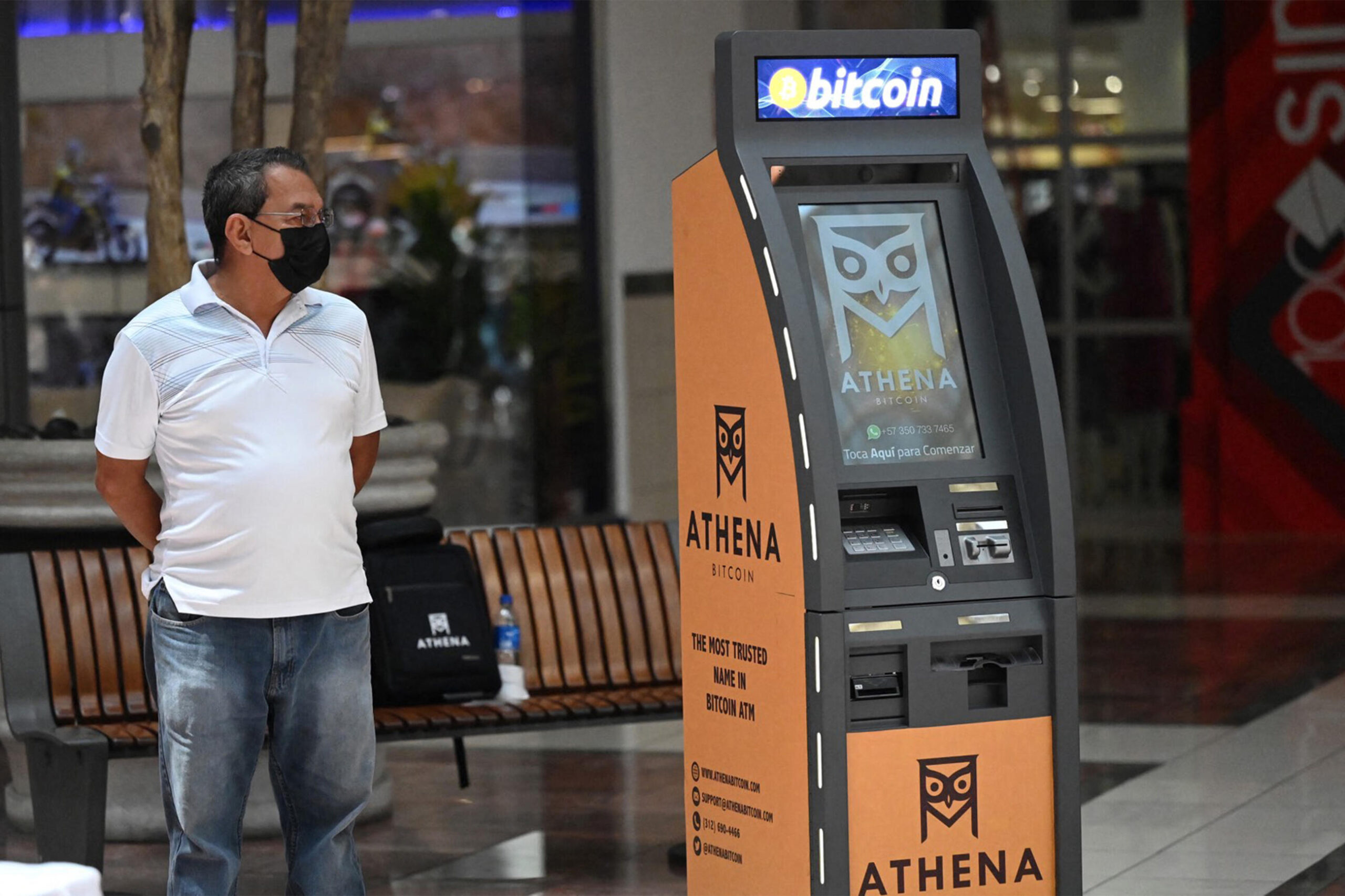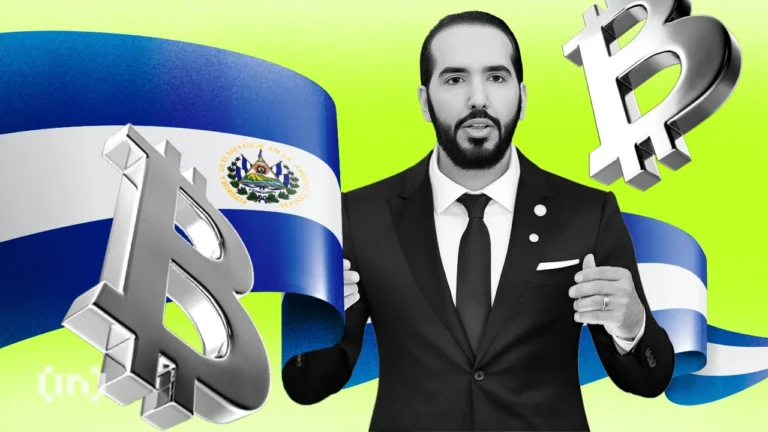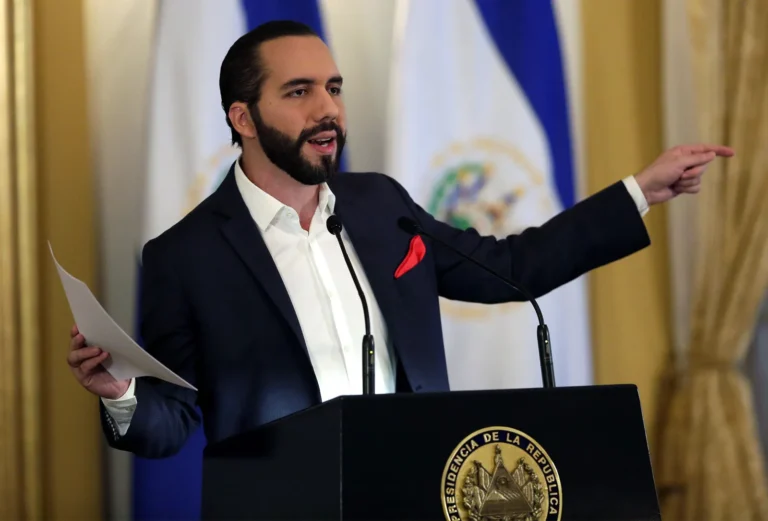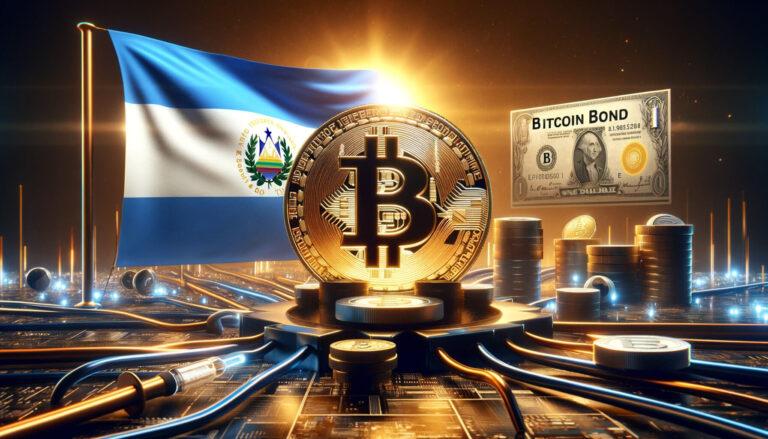In a candid interview with Time magazine, El Salvador’s President Nayib Bukele reflected on the country’s controversial decision to adopt Bitcoin as legal tender and its far-reaching impact. Bukele, often dubbed the “Philosopher King” for his unorthodox approaches, acknowledged that while the immediate benefits of Bitcoin adoption have not met his initial expectations, the move has been a remarkable success in rebranding El Salvador on the global stage.
Bukele admitted that Bitcoin adoption in El Salvador has not seen the widespread engagement he hoped for. With only about 12% of Salvadorans having used Bitcoin for transactions despite extensive efforts and investment in the national Chivo wallet, the digital currency has not yet transformed everyday life as envisioned. However, Bukele emphasized that Bitcoin’s primary value has been in its power as a rebranding tool.
According to Bukele, the Bitcoin initiative has succeeded in drawing significant international attention, attracting investments, and boosting tourism. The bold decision to embrace Bitcoin has given El Salvador a new image, which would have cost millions to achieve through traditional public relations channels. Damian Merlo, a key marketing advisor to Bukele, called the Bitcoin strategy a “genius” move, describing it as “the great rebranding” for the nation.
Despite the rebranding success, the move has not been without its challenges. El Salvador has faced criticism from institutions like the International Monetary Fund (IMF), which initially opposed the Bitcoin adoption due to concerns over financial stability and fiscal risks. This opposition also complicated El Salvador’s efforts to secure credit from international financial institutions. However, recent developments indicate a softening of the IMF’s stance, with ongoing negotiations focusing on enhancing transparency and managing potential risks.
For crypto traders and enthusiasts, Bukele’s reflections offer a compelling case study on how unconventional policies can reshape a country’s global image and the challenges that accompany such bold moves. While Bitcoin’s impact on the local economy may still be unfolding, its role in redefining El Salvador’s international profile is undeniable.



